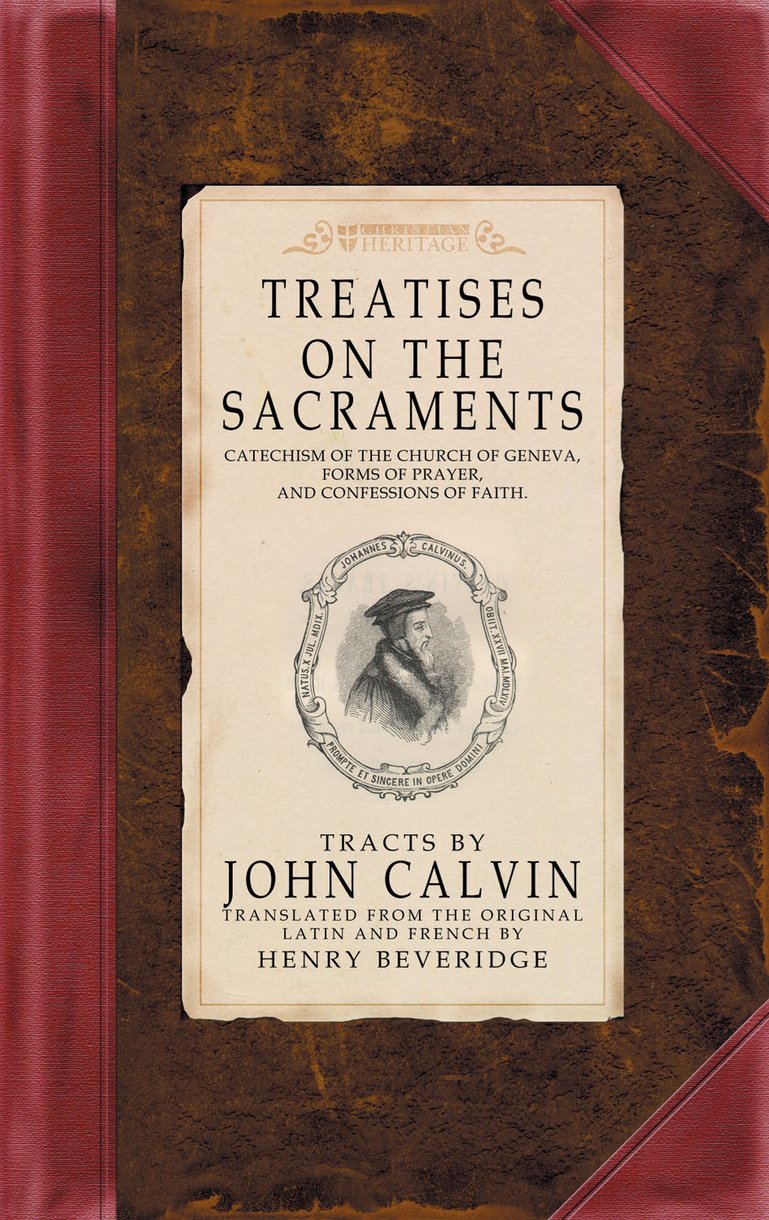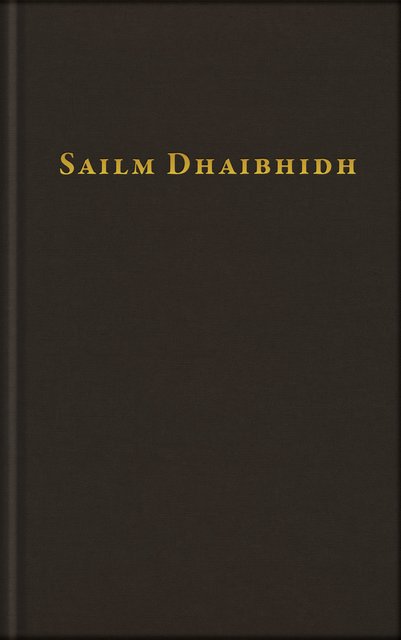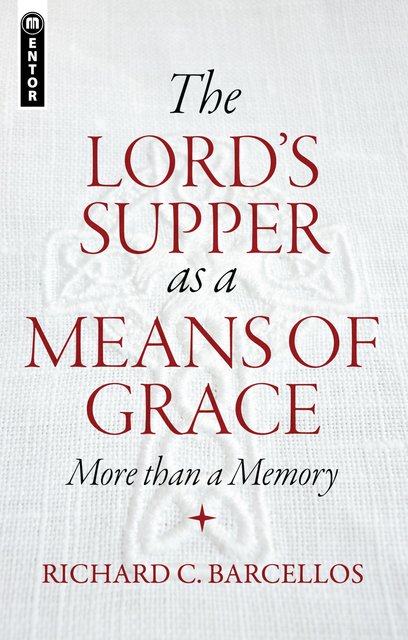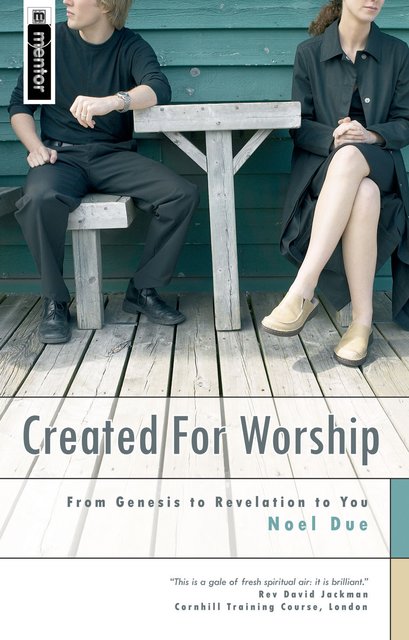
Released in the UK November 2002
Released in the US January 2003

Large trade hardback | 598 Pages
9781857927252 • £19.99 $29.99
BISAC – REL055000
Treatises on the Sacraments
John Calvin
John Calvin was easily one of the most influential Christians of the 2nd millennium. A key figure in the Protestant Reformation, Calvin's legacy remains immensely strong, with hundreds of thousands gaining insight from his works of major doctrines such as the interaction between the Sovereignty of God and Man's Free Will.
Countless analyses and critiques of Calvin's work have been released over the centuries, and a huge number of Churches and denominations hold to Calvin's teaching to varying degrees. Calvin's name is thrown about in theological discussions that cover a broad spectrum.
This unedited collection of sermons allows you to read John Calvin's own ideas on issues relating to the sacraments, catechisms, forms of prayer and confessions of faith.
One of the key issues that led to the Reformation and the birth of Protestantism was Rome's treatment of the Lord's Supper. Calvin and the Reformers believed the Catholic Mass was founded on a grave error that needed to be corrected. The majority of this collection majors on this key doctrine that still divides the church.
John Calvin
John Calvin (1509-1564) was a theological giant of the Protestant Reformation. A contemporary of Luther, he had as much influence over this period of history as his German counterpart. His writings are still cherished and relevant today.
Related Titles

9781781912492 |

9781845503086 |

9781781912683 |

9781845500269 |

Christian Heritage
"Recent years have witnessed a renewed interest in the sacramental theology of John Calvin. A number of studies have been published, but unfortunately until now it has been difficult for many interested readers to find access to many of the relevant writings of Calvin on the subject. His commentaries and his Institutes of the Christian Religion have long remained in buried in long out of print and obscure volumes. With the re-publication of Treatises on the Sacraments, this problem has been resolved to a large degree."